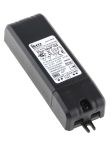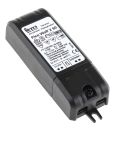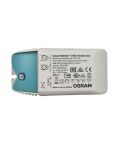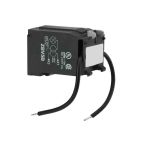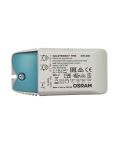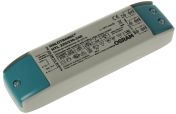Lighting Transformers
Lighting transformers are transformers that are used to work lighting. They are designed to make it possible to transform voltage down to levels that are suitable for household lighting.
A lighting transformer is typically an autotransformer, which is a transformer that contains only one winding. Along one side of that winding, called the secondary side, there are a series of taps. In the most basic auto transformer design, the output can be affixed to any one of these taps, which alters the number of windings on the transformer, thus altering the voltage.
In a lighting transformer, there is a variation on the typical autotransformer design. The secondary connection is made via a brush. Because the brush can be rotated over the primary winding however the user wants, the voltage can be varied so that it suits any lighting level that the user prefers.
Types of lighting transformers:
Electronic transformers are the ideal solution for low voltage applications. They have less power handling than magnetic transformers.
Isolation transformers are mainly used where sensitive equipment needs to be isolated from a potentially dangerous amount of voltage or current travelling across a primary source. These transformers separate one circuit from another.
Magnetic transformers rely upon the relationship between magnetism and electricity to transform voltage and current. By inducing a magnetic field in the secondary coil, an electrical current is induced in the coil. The number of windings determine the amount of voltage in the secondary coil.
